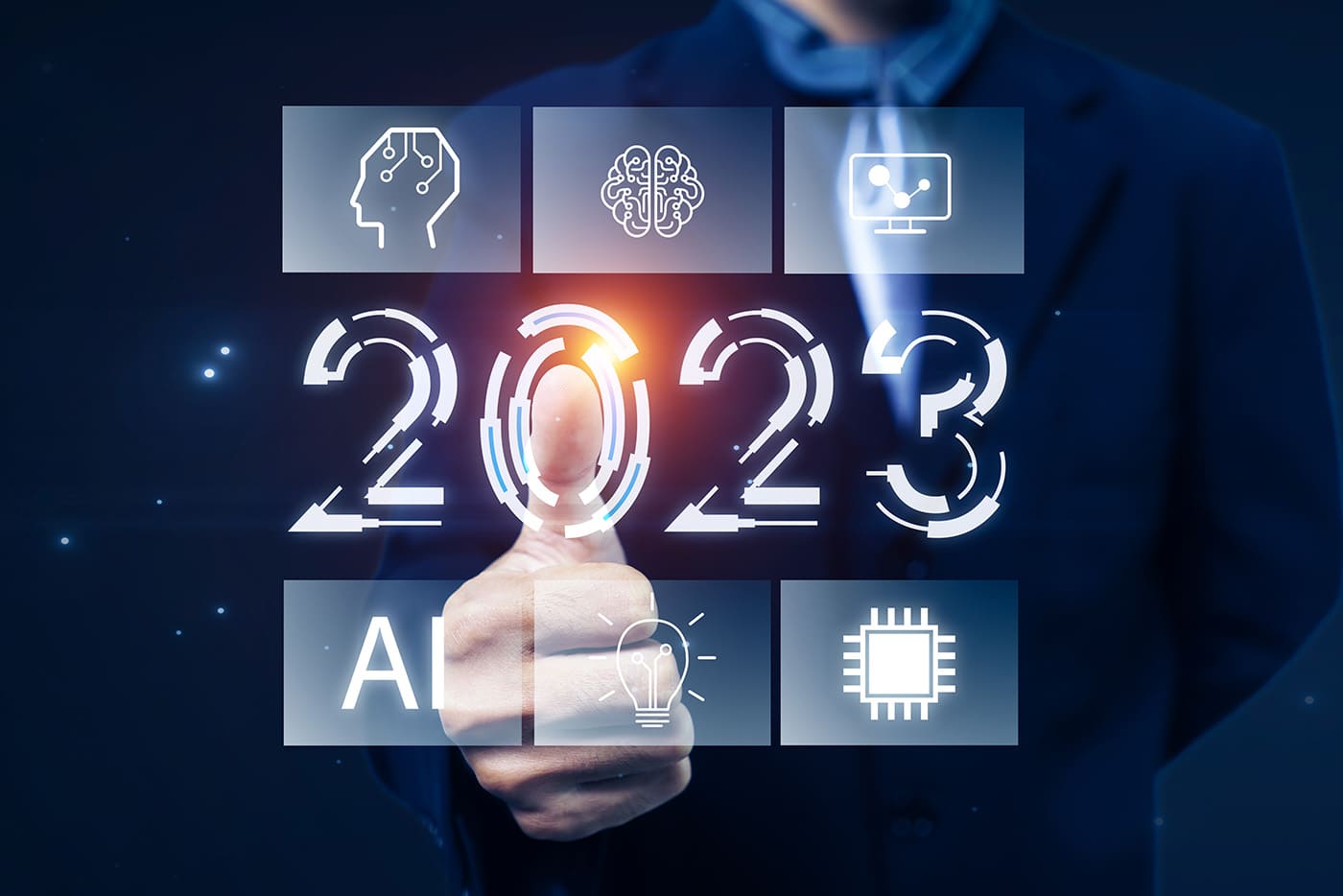Latest Trending Technologies for 2023
Technology is constantly evolving and creating new opportunities and challenges for businesses and individuals. In 2023, we can expect to see some exciting developments in various fields of technology, such as artificial intelligence, quantum computing, blockchain, and more. Here are some of the latest trending technologies that you should know about in 2023.
Artificial Intelligence (AI) and Machine Learning (ML)
In the domains of healthcare, education, finance, retail, and manufacturing, AI and ML are revolutionizing the way machines acquire knowledge and execute tasks like discerning speech, scrutinizing images, comprehending natural language, and making decisions. These technologies have already commenced making a momentous impact, and by 2023, we can envisage even more progress in AI and ML. Some instances of forthcoming advancements encompass:
No-code AI: This is a trend that empowers anyone to fabricate and employ AI applications without requiring coding or technical prowess. No-code AI platforms proffer user-friendly drag-and-drop interfaces and pre-designed templates that equip users to erect AI solutions for diverse purposes, such as data analysis, automation, prediction, and more.
Hyperautomation: This is a trend that entails harnessing AI to automate and optimize sundry business processes across the organization. Hyperautomation amalgamates AI with other technologies, such as robotic process automation (RPA), cloud computing, internet of things (IoT), and blockchain, to fashion end-to-end automation solutions that can enhance efficiency, productivity, quality, and customer satisfaction.
AI ethics: This is a trend that places emphasis on ensuring that AI systems are impartial, transparent, accountable, and trustworthy. AI ethics encompasses addressing the conceivable societal, legal, and ethical ramifications of AI applications, such as bias, privacy, security, human rights, and governance. AI ethics also encompasses formulating standards, guidelines, and best practices for contriving and deploying responsible AI systems.
Quantum Computing
Quantum computing is a mind-boggling technology that harnesses the enigmatic laws of quantum physics to orchestrate computations that are unfathomable or unfeasible for classical computers. Quantum computers possess the astonishing capability to digest astronomical amounts of data and crack intricate problems with unmatched swiftness and efficiency, surpassing the limited capacities of conventional computers. The realm of quantum computing harbors the potential to revolutionize an array of domains and applications, encompassing cryptography, optimization, simulation, artificial intelligence, drug discovery, and a myriad of others. As we stride into the realm of 2023, we can eagerly anticipate witnessing an even greater surge in the advancement of quantum computing, encompassing:
Quantum supremacy: This extraordinary concept signifies the juncture at which a quantum computer wields the power to execute a task that lies beyond the grasp of any classical computer. In the year 2019, it became evident that the era of quantum supremacy was within our reach.




Post a Comment